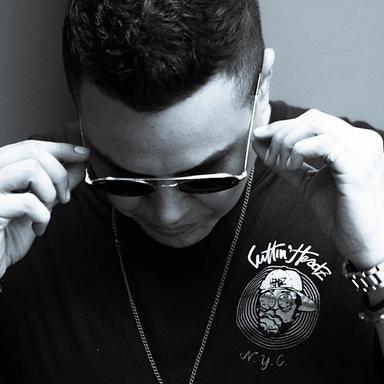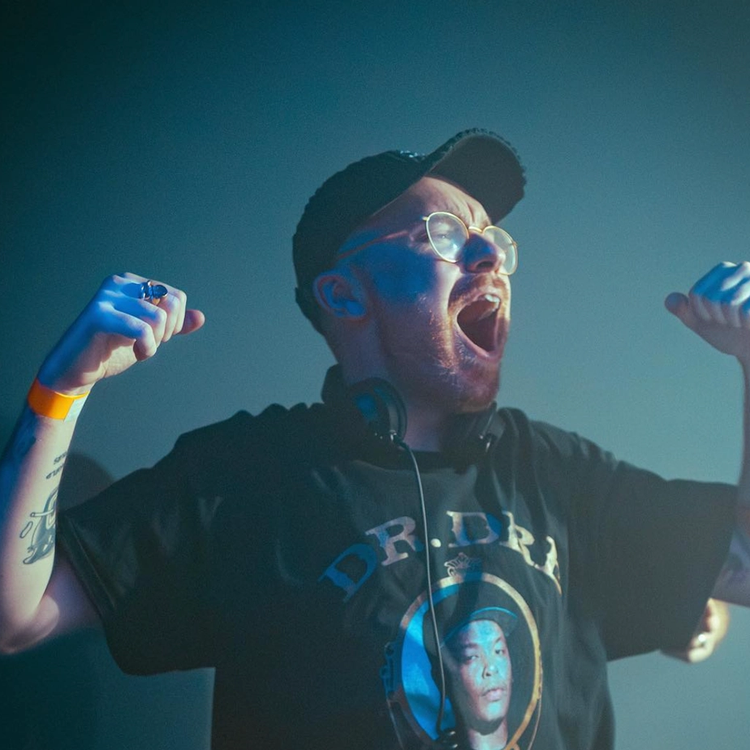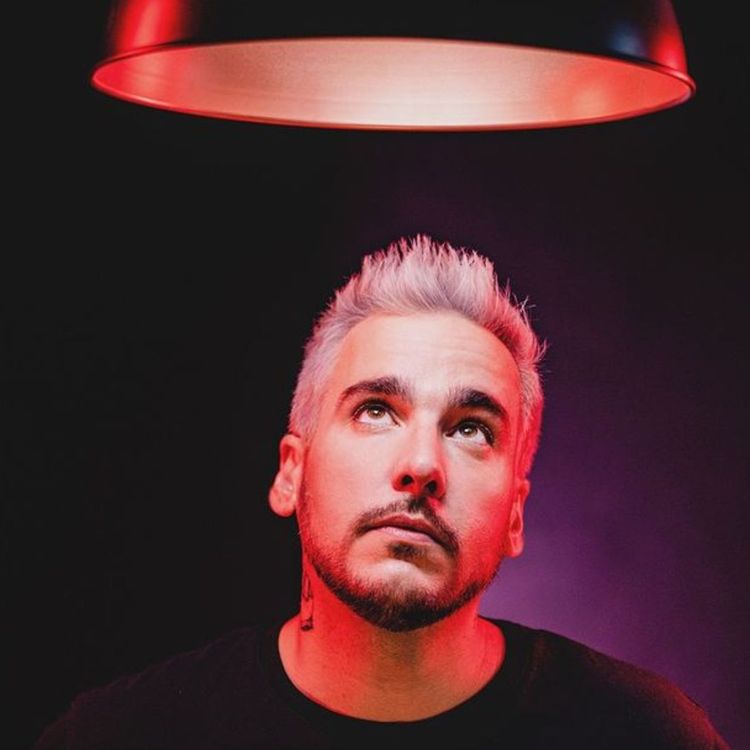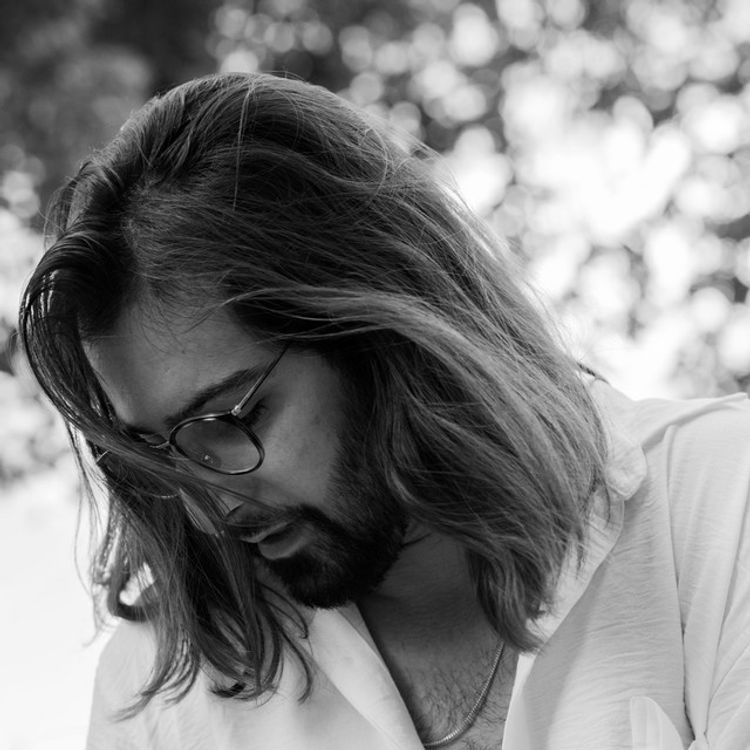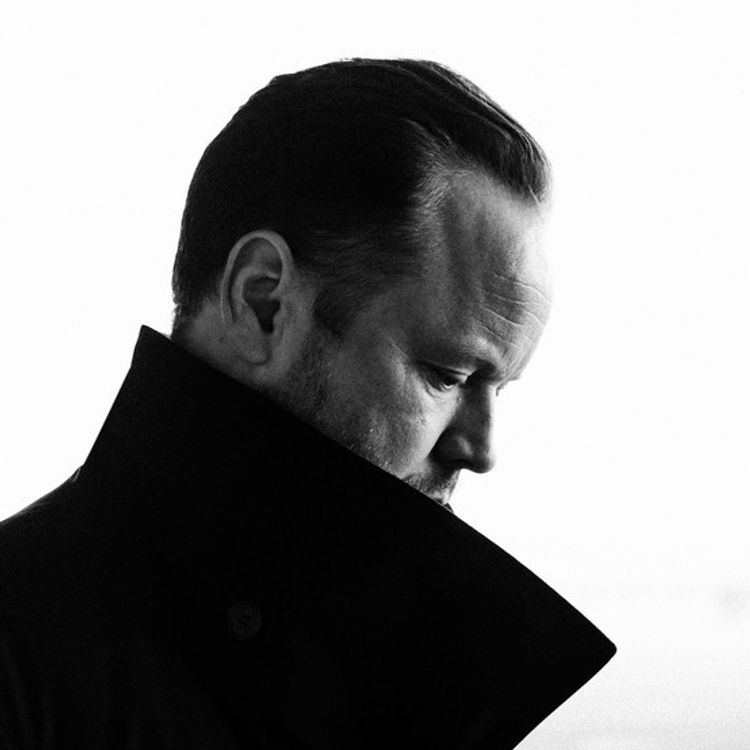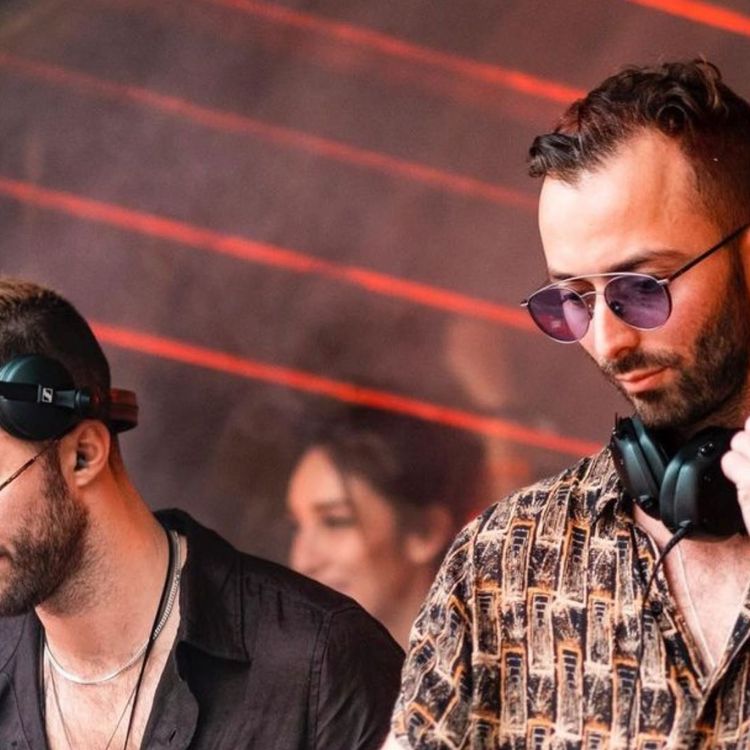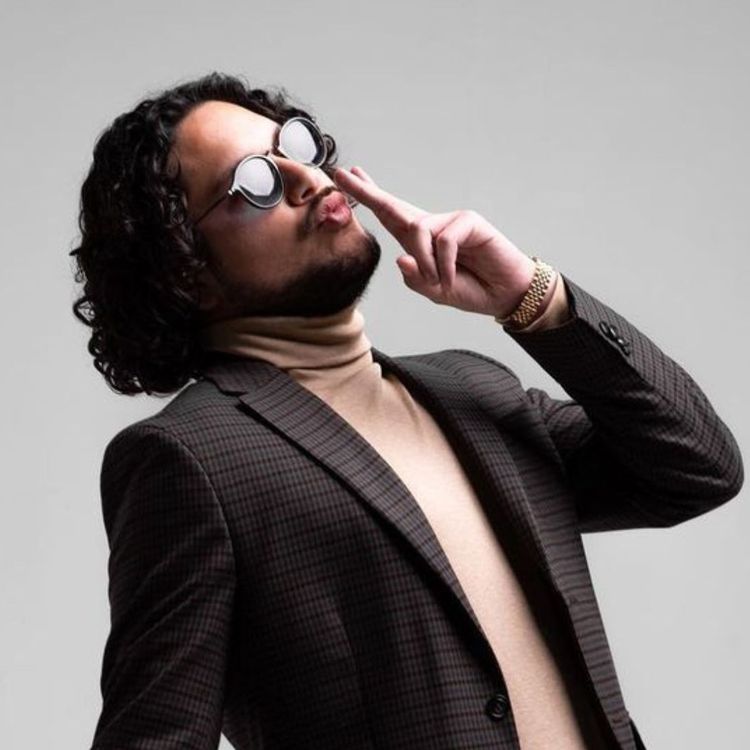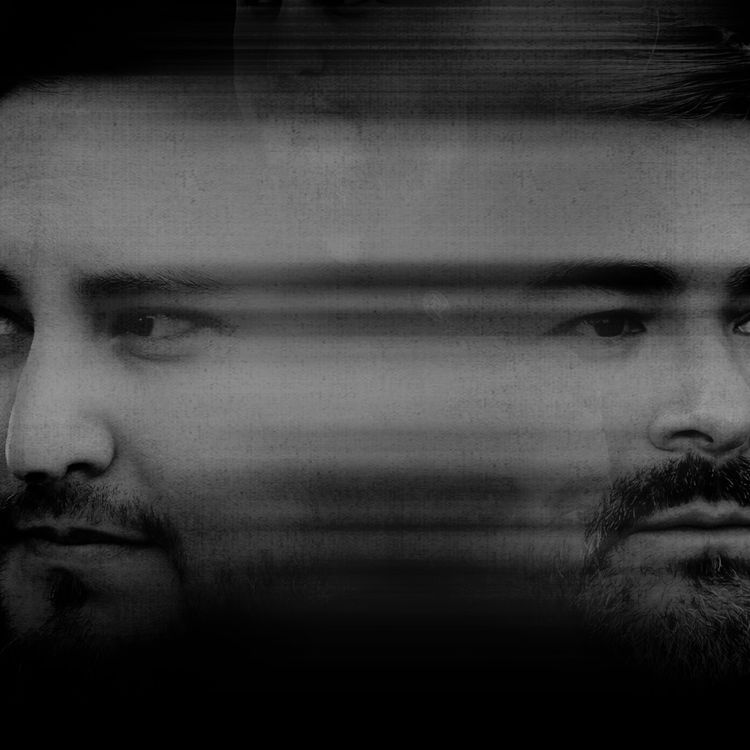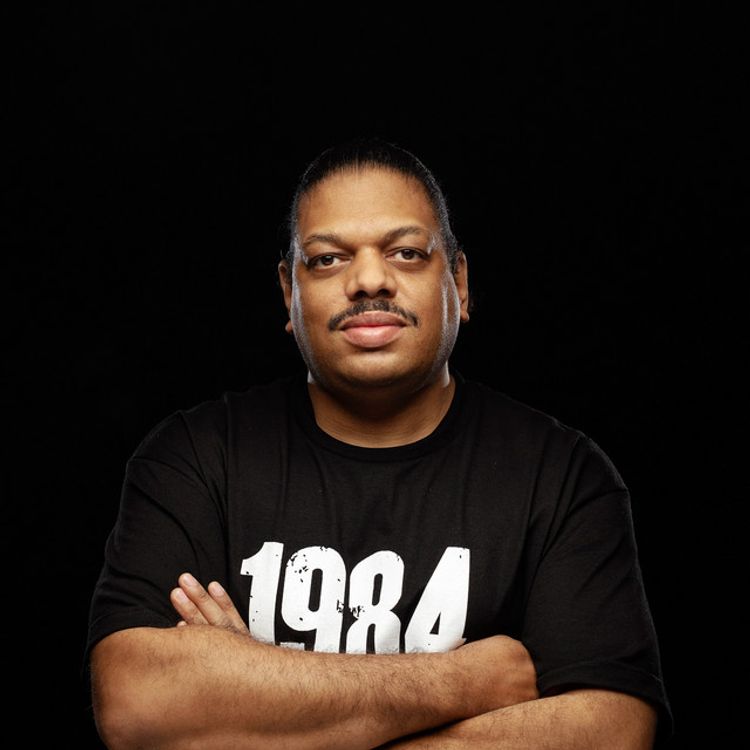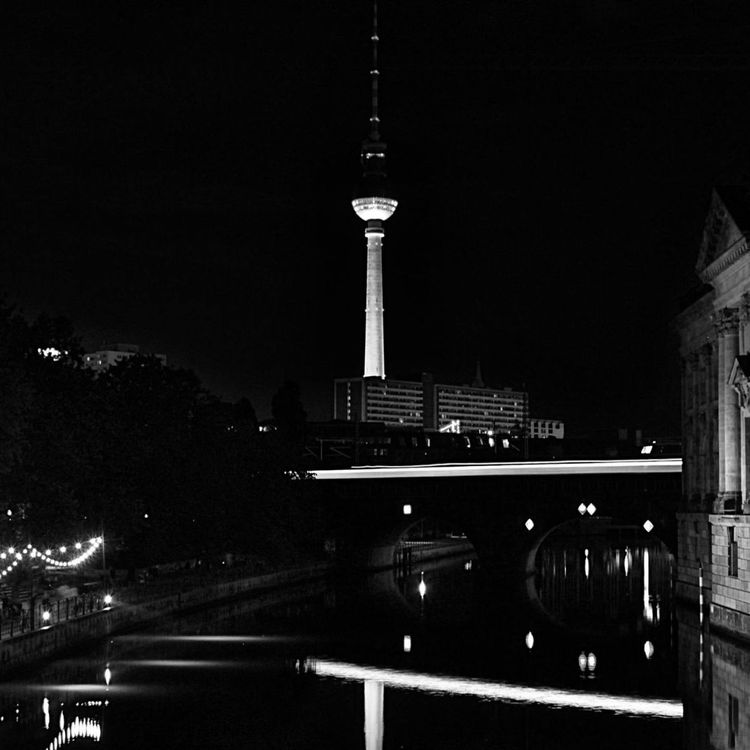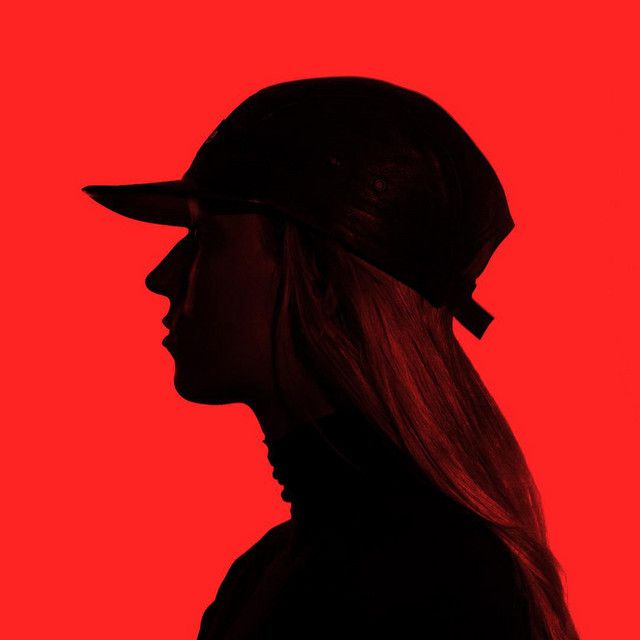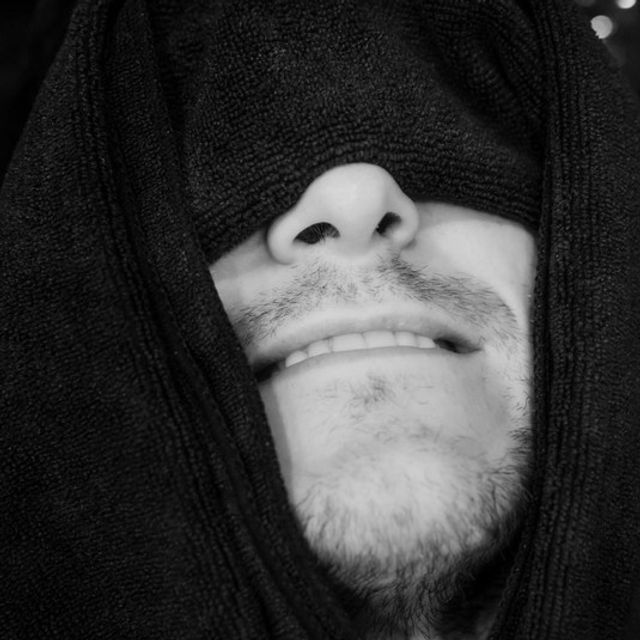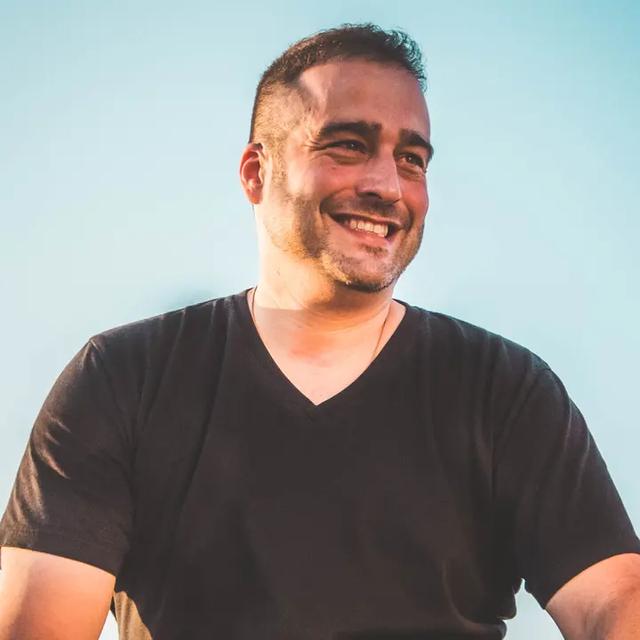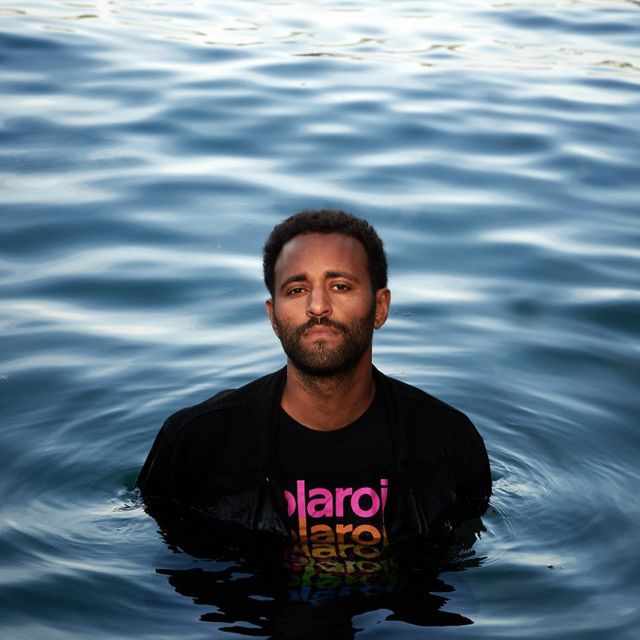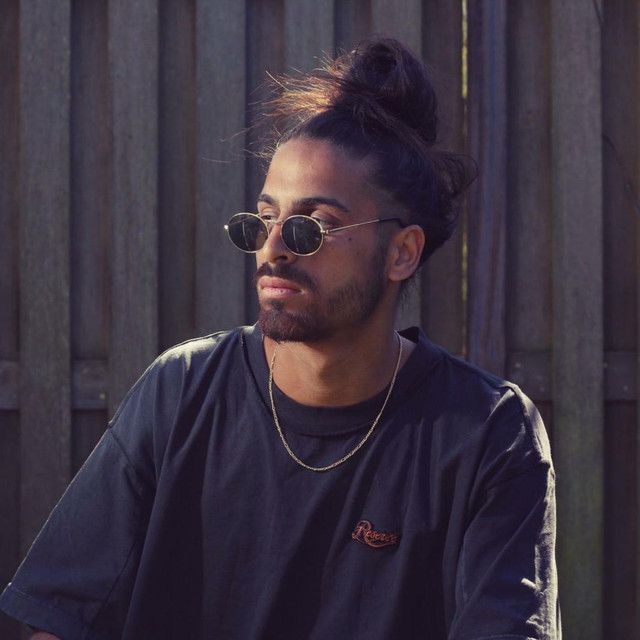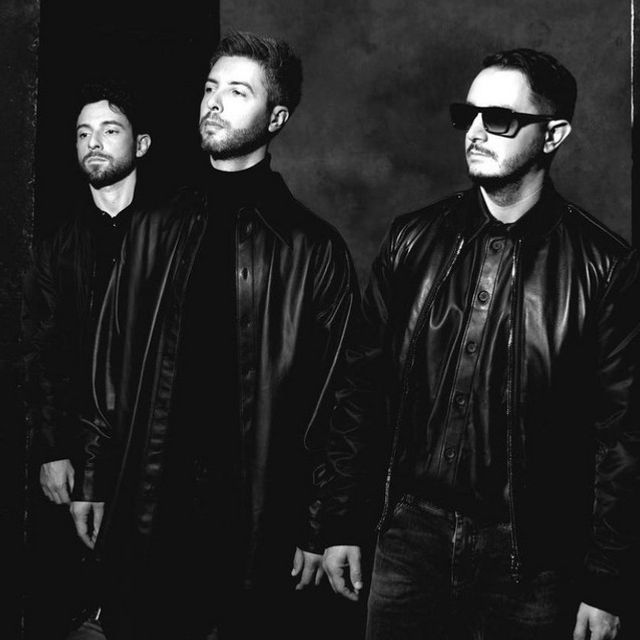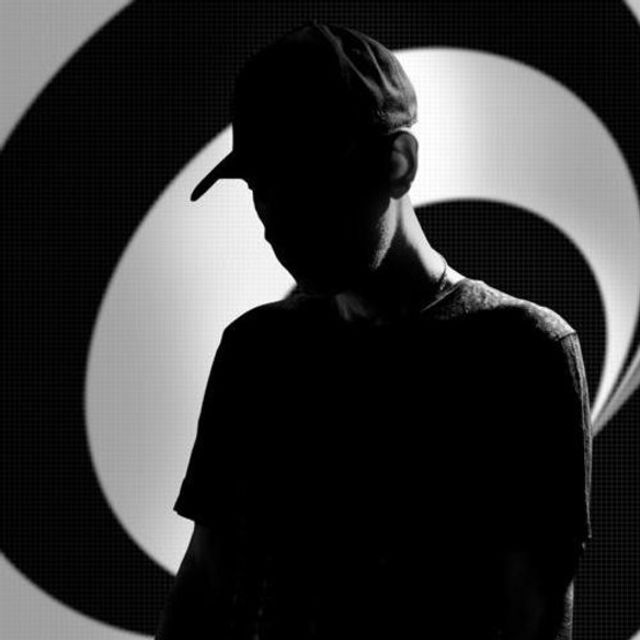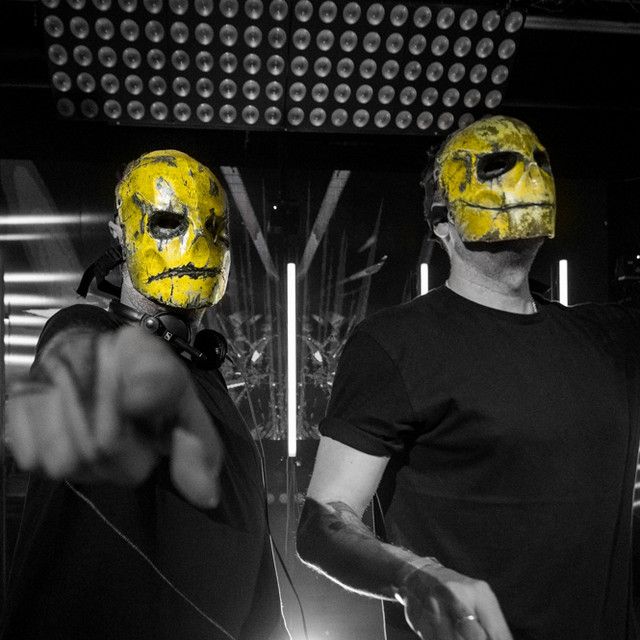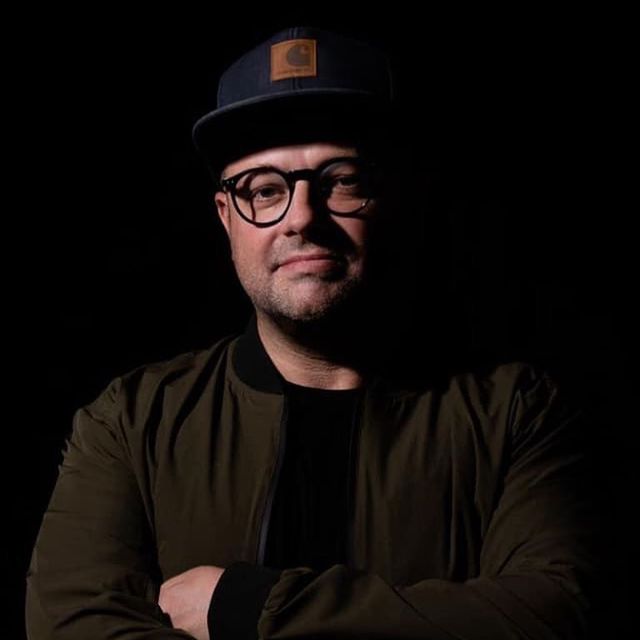Artist Spotlight
Success did not come overnight for NYC DJ and producer Jean Pierre. His path took him to Colombia and back again, steeping him in the underground club scene of the Big Apple before sending him to stages across the globe by way of Miami. It’s a career that stands as testament to the power of perseverance, and it’s only begun to unfold.
“I was born in Queens,” Jean says. “I mostly grew up with hip-hop culture and was really into that … My older brother started putting the bug in my ear that he was going to the Sound Factory and telling me all these crazy stories about what happened in that club. I was intrigued by it.”
Before Jean had a chance to dive into dance music, though, his mother had different plans. “During my freshman year of high school I was a little more rebellious and going out — you know, crazy stuff that you get into when you’re going to high school — and my mom said, ‘You know what? I’m sending you to live with your dad,’” he says.
Jean Pierre’s Fresh Prince story of sorts sent him to Colombia, where his father lived. Jean had been visiting every summer, so he already had friends and knew his way around. The synchronous pull of club culture managed to reach him a continent away, however.
Colombia’s two biggest clubs were Privilege and Mission — the latter of which had sound and lighting specifically designed to emulate New York’s legendary Sound Factory. Mission introduced European DJs like Carl Cox and Marco Carola to the country’s dance music fans during that time.
By comparison, Jean’s first experience behind the decks was far more modest.
“A year later, I was at a friend’s house and they were partying,” he recalls. “They said, ‘Hey, we can’t play because we’re too drunk … There were no CDJs, just two boomboxes playing CDs. They were like, ‘Yo, this does this, this does this, just figure it out.’ I did, and it was one of the experiences that changed my life. I was 15 years old.”
Four years later, Jean Pierre returned to NYC — but he chose to hone his craft before getting his feet wet. “I came back and I was just watching, not really pushing myself,” he says. “I felt like I still needed a lot of work DJing and getting more experience. My older brother had a lot of friends, so I started building my little network, going to Pacha and all these other clubs that were open at that time, looking and listening.”
Jean first performed at after-hours events in Queens before landing a gig in the Pacha basement courtesy of the late promoter Robert Hernandez. “He did a lot for me and my career,” says Jean. Rob would get him gigs at Cielo, the Pacha main floor, and Asseteria, opening up for the likes of Oscar G, Boris, and Chris Vargas.
“I just kept on doing my thing with my head down, trying not to get lost in that New York City scene,” Jean says. “It was intense and pretty nonstop — every weekend there was something.”
The 2010s saw Jean Pierre build a home studio and produce music as often as he could, releasing on Nervous Records and Victor Calderone’s Waveform Recordings. When the rise of social media platforms triggered a shift in the scene’s power structures, Jean remained relevant by landing a job at the since-shuttered NYC record store Halcyon.
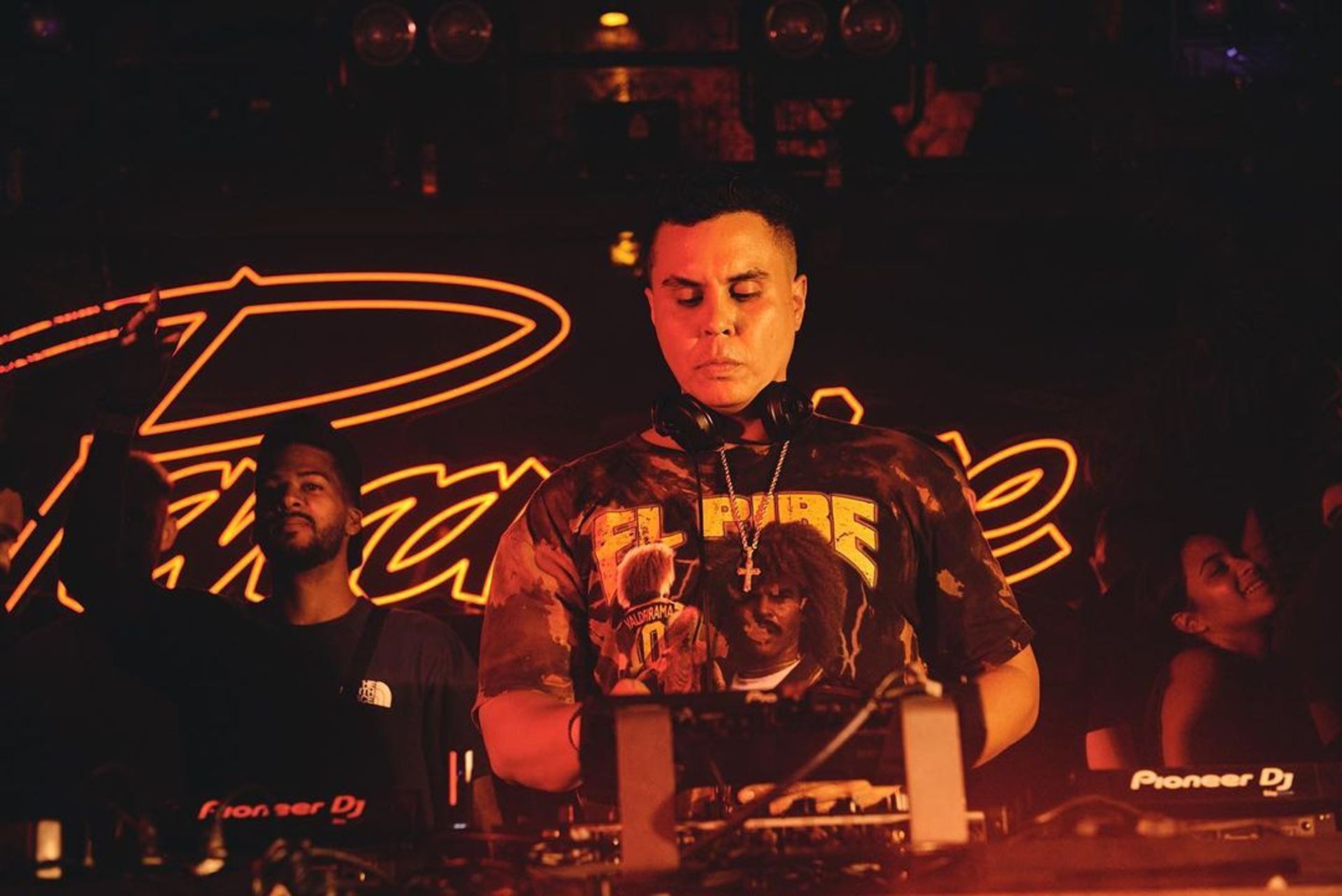
Jean PIerre | Paradise at Amnesia Ibiza
“It helped a lot for [NYC club] Output to see my face consistently,” Jean says. “They started giving me sets in the Panther Room, brought me into the main room, and that’s kind of how the whole story went until Output closed and the record store closed a couple months later.”
Jean then relocated to Miami and built another music studio with a friend. The timing of the move turned out to be advantageous, as the COVID-19 pandemic gave him no option but to stay at home and focus on writing tracks. He honed his skills in the studio and tapped into a new revenue source by offering mixdowns as a service, stocking up on his own music before restrictions eased enough for him to hit the ground running again.
Calling Miami his home base has allowed Jean to travel easily between South America and Europe, solidifying his presence as an international artist. He also now runs his own record label, Pakate. It has given a home to releases by up-and-coming talent such as FLETCH, Daniel Orpi, and Reelow.
Even after two decades in the house music game, Jean Pierre’s story feels like it is only just beginning. Time has told that nothing will stop this persistent talent from taking anything he pursues to the next level.
